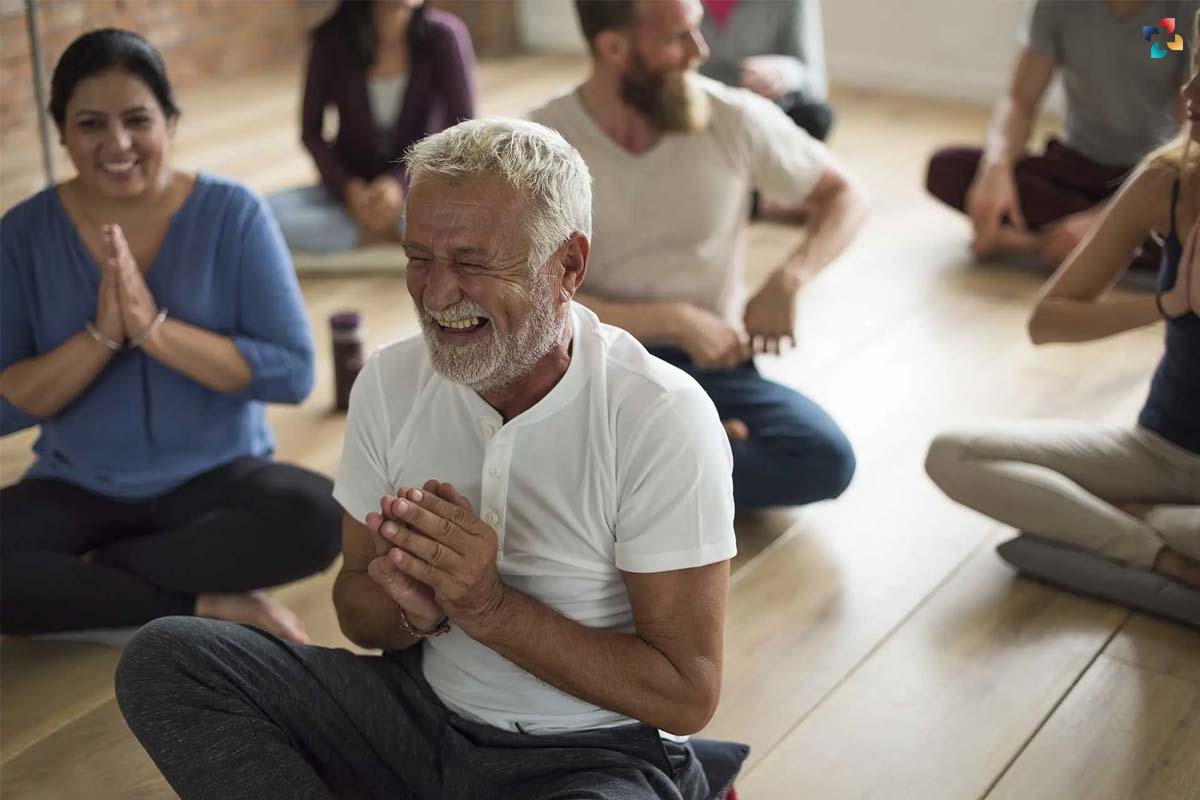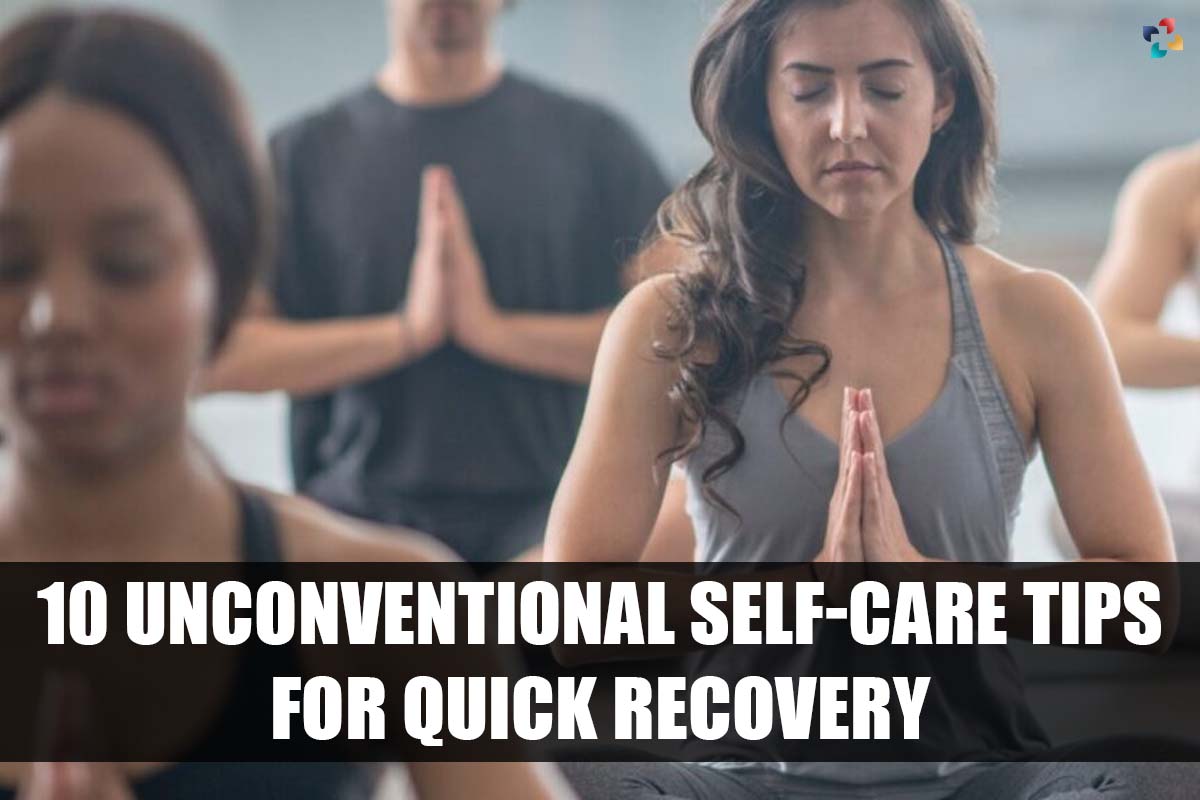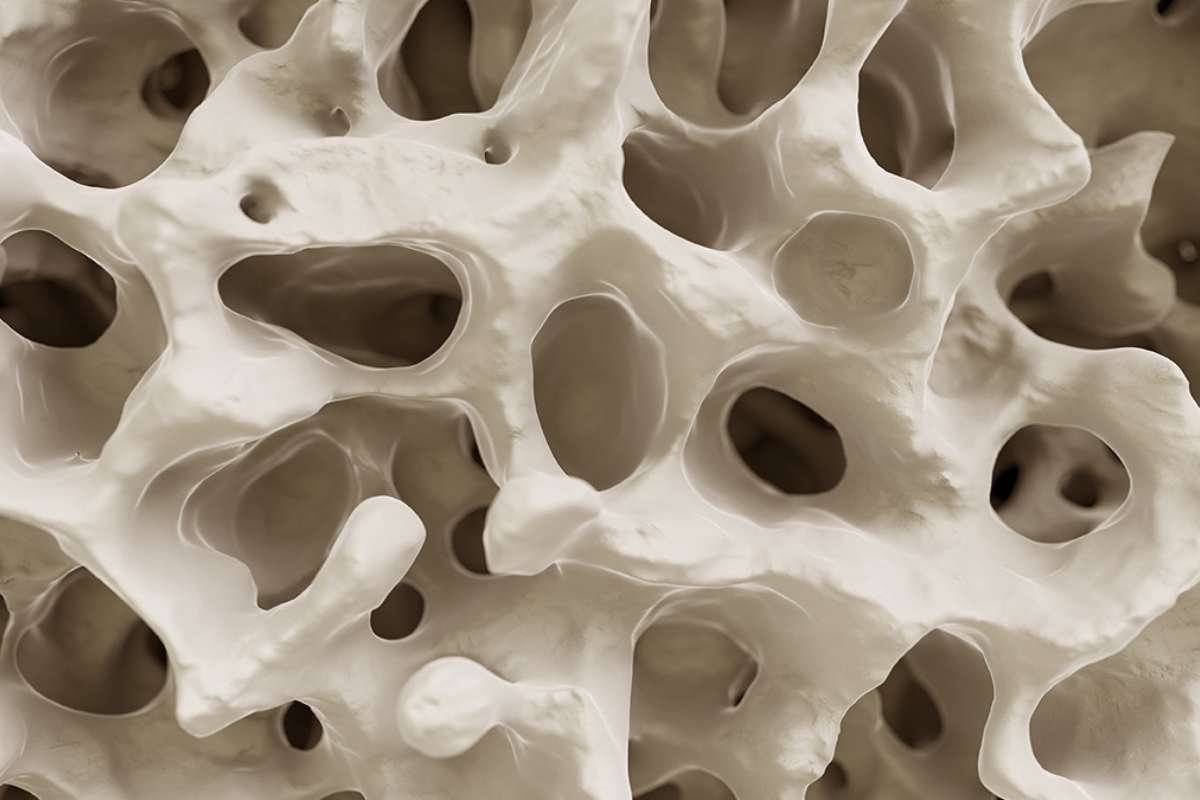Self-care is the act of taking care of oneself physically, emotionally, and mentally to improve overall well-being. Self-care practices are essential for maintaining good health, reducing stress, and promoting a quick recovery from physical and emotional challenges. While traditional self-care practices, such as getting enough sleep, eating well, and exercising, are effective, unconventional self-care tips for quick recovery can also be beneficial in promoting quick recovery. In this article, we will discuss ten unconventional Self-care Tips for Quick Recovery.
Here are 10 Unconventional Self-care Tips for Quick Recovery;
1. Try Aromatherapy
The use of essential oils in aromatherapy is a method that aims to improve both a person’s physical and mental health. Essential oils are highly concentrated plant extracts that have been shown to have therapeutic effects. These features include the ability to encourage relaxation, decrease tension, and treat pain. Essential oils are extracted from plants. The effects of various essential oils might vary, making it possible for people to choose a fragrance that is tailored to their requirements.
For instance, lavender oil is recognized for its relaxing benefits, but the peppermint oil is known for its invigorating effects. Both of these oils come from the same plant, Lavandula angustifolia. Essential oils may be used by individuals in a variety of ways, including breathing the vapors straight from the bottle, using a diffuser to spread the aroma around a room, or adding a few drops to a hot bath.
2. Practice Gratitude
The act of concentrating on and expressing appreciation for the favorable parts of one’s life is the essence of the thankfulness practice. Being grateful may enhance one’s overall well-being by lowering stress levels, encouraging the experience of happy emotions, and strengthening social connections.

Those who want to cultivate an attitude of thankfulness may do so in a number of ways, including maintaining a gratitude book, articulating their appreciation to those they hold dear, or setting aside some time on a daily basis to consider the blessings in their lives.
3. Take a Break from Technology
Technology has become an essential component of our life, and despite the fact that it has a myriad of positive effects, it is also a potential source of worry and anxiety. Taking a vacation from technology may assist folks in disengaging from the ongoing stimulus and distractions, so facilitating relaxation and fostering mindfulness. Turning off their electronic devices for a certain amount of time and partaking in activities that do not require technology — such as reading, gardening, or going for a walk — is one way for people to take a break from modern technology.
4. Practice Deep Breathing
Taking long, steady breaths is the basis of the relaxation method known as “deep breathing,” which is used to alleviate tension and enhance feelings of calm. The practice of slow, deep breathing has been shown to reduce blood pressure, decrease heart rate, and increase feelings of calm. The technique of deep breathing consists of taking a slow breath in via the nose, holding it for a few seconds, and then releasing it slowly through the mouth.
Everyone, at any time, and in any location may practice deep breathing for a few minutes anytime they feel themselves beginning to experience stressful or anxious feelings. This is just one of the many self-care tips for quick recovery that individuals can use to manage stress and anxiety.
5. Connect with Nature
Having a connection with nature may help to relieve stress, promote relaxation, and enhance general health and well-being. Individuals may find it easier to unplug from the hectic pace of the modern world and foster mindfulness and inner serenity by spending time in natural settings. People may get in touch with the natural world by going on a hike, taking a stroll in a park, or even just sitting outside and taking in the sights and sounds of the outdoors.
6. Practice Mindful Eating
The technique of paying attention to both the current moment and the sensations that are experienced while eating is known as mindful eating. Eating with awareness may boost digestion, alleviate stress, and benefit one’s general health and well-being.

Taking their time when eating, concentrating on the aroma, flavor, and consistency of the food they are eating, and paying attention to their internal signals for when they are hungry and when they have had enough are all components of the mindful eating practice.
7. Express Yourself Creatively
Relaxation, less tension, and an improved mood are all benefits that may result from creative self-expression. Individuals may improve their awareness and enhance their ability to process their thoughts and emotions by participating in creative activities such as painting, writing, or playing an instrument. Individuals may benefit from connecting with themselves and others via their creativity, which can also serve as a method of self-expression.
8. Get a Massage
To alleviate tension and promote relaxation, massage is a kind of bodywork that includes the manipulation of soft tissues in order to achieve the desired effects. A massage may boost circulation, ease muscular tension, and instill a feeling of peace and tranquility in the recipient. People have the option of going to a professional massage therapist for a massage or doing their own self-massage utilizing methods such as self-massage or using massage implements such as foam rollers or massage balls.
9. Practice Laugh Therapy

Laughing is one of the most effective therapeutic tools for accelerating the healing process. Laugh therapy is actively seeking out and making the most of chances to laugh, such as going to a comedy movie or spending time with people who have a healthy sense of humor. Laughter has been shown to lower levels of hormones associated with stress, as well as stimulate the immune system, and increase general well-being.
10. Positive affirmations should be practiced.
Statements that people repeat to themselves in the form of positive affirmations with the intention of promoting good thoughts and emotions. Individuals may overcome negative self-talk with the use of positive affirmations, which can also help relieve stress and enhance a feeling of self-worth. Reciting positive affirmations to oneself throughout the day may be done in two ways: an individual can compose their own affirmations or utilize ones that have already been prepared.
BOTTOM LINE
Self-care Tips for Quick Recovery can include the ten unconventional methods of self-care covered in this article, such as aromatherapy, practicing gratitude, and deep breathing. A person may choose the practices that are most beneficial to them and work them into their daily routines to facilitate a speedier recovery and an overall improvement in their health and well-being. This way, you establish the main topic of the paragraph and clarify how the unconventional methods of self-care mentioned in the article can help in quick recovery.
The above are the 10 Unconventional Self-care Tips for Quick Recovery.







